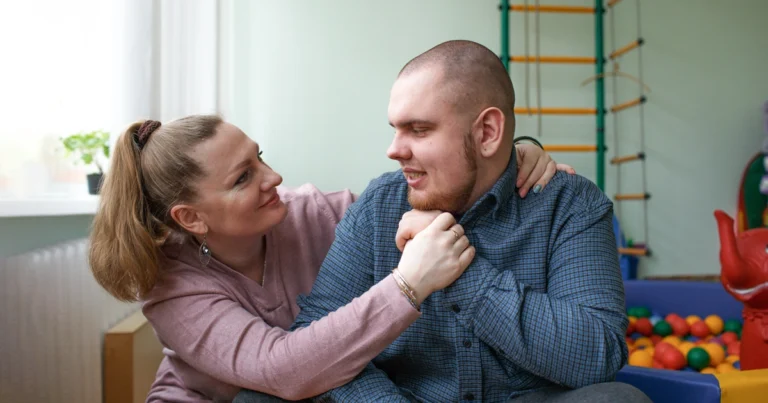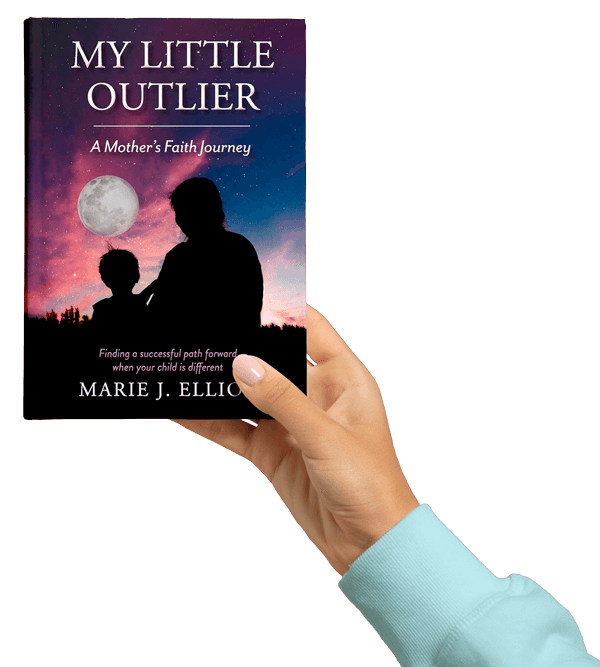Introduction
Nagging is a behavior familiar to most parents, and specifically to parents of Outliers. Let’s first look up the definition of nagging. According to Google, “Nagging refers to the persistently criticizing, scolding, or pestering someone to do something or to stop doing something, often in an annoying or controlling way”. Children in general don’t immediately follow or embrace the things a parent tells them to do or stop doing. So, as parents, we must repeat ourselves. In the realm of parenting Outliers, we as parents must repeat ourselves more often than other parents do. This constant repeating in most cases does not lead to the outcome we want and ends up with an outburst or an angry or an ugly incident. I am not exempt from this, and I have had many such incidents before I realized how unfruitful this pattern is. After being frustrated with this pattern, I discovered the more effective method of role modeling in silence. This method had more positive outcomes with my Outlier. Over the years, it became an effective tool in communicating, disciplining, or guiding my Outlier. So, I wanted to share this approach with you all.
Role modeling
According to Google, “Role modeling is a process where individuals learn and imitate the behaviors, attitudes, and values of others they admire, often called role models. It’s a form of Observational learning, where people observe and mimic the actions of those they look up to. Role models can be anyone, from celebrities to everyday individuals like parents, friends, or teachers. Observational learning, also known as observational learning or vicarious learning, is a form of learning where an individual learns by observing the behavior of others and its consequences. It involves paying attention to a model, retaining what was observed, reproducing the behavior, and being motivated to perform it”. We, as parents of our Outliers, are role models that our children look up to and imitate. While we may not notice this or even agree to this, it is true, and it happens in silence. My Outlier watches me and observes my emotions, what I say, and how I act. My Outlier can tell when I am sad or stressed and quickly catches on to the emotions and vibes I am sending. My well-being and calm demeanor give a good, stable base for my Outlier to learn and grow. My Outlier is also affected by my body language and negativity. How I act, look, and feel tells my Outlier if he is safe or if everything is ok. So, it is very important how I act and role model, as it affects the well-being of my Outlier. Secondly, how I act and handle my daily tasks and life is being watched by my Outlier. Unknowingly, I can see that my Outlier is trying to imitate me and act like me. This is not true just for Outliers. In general, most children are like that. They role model after their parents. So, it is very important for us as parents to take this seriously and be more intentional about what we do and how we act.

Two areas are impactful when you can role model
1. Show you believe in what you say about your child and his/her abilities and future.
2. Live the way you teach your child to live, from how to react to life’s events to how you conduct your day-to-day activities.
Let’s look at some examples for both areas.
Show you believe in what you say about your child and his/her abilities and future –
If you tell your Outlier that he /she is smart and can handle it, believe it and act in a way that shows you believe in it. Even if that belief may end up being untrue, you still show that you believe. When you do this, you will be surprised by how much your Outlier will start believing in it and even try to do it. This is in line with the self-fulfilling prophecy. According to Google, “A self-fulfilling prophecy is a belief or expectation that, through its fulfillment, indirectly causes itself to become true. This means that a person’s belief about a future event or outcome influences their behavior, which in turn makes the expected outcome more likely to occur”. I often tell my Outlier that he has got this! Just saying this won’t help, but you must act like it is true. Let your Outlier independently handle that task as much as he/she can. When something goes wrong with my Outlier or if there is a big Ouch, I try to calm down and ask my Outlier to take deep breaths and calm down as well. I tell him that he has got this, and it is ok to have the slip-up. I don’t overreact to what happens and start yelling. This helps me as well as shows my Outlier that this is not the end of the world, and things can go wrong, and there are ways of rebounding/recovering from it, and he can move forward from it. This is more powerful than giving a lesson on how to handle adversity to your Outlier. I do the same with how to handle disappointment when things don’t happen as you expected. This is a big one for Outliers, as they are typically inflexible and don’t handle disappointments as well.
Show behaviors you preach and want your Outlier to follow
If you tell your child to do A, B and C when he/she encounters D, E F, start by role modeling and doing A, B and C when you encounter D, E and F. You can’t say I am the parent, and I told you so and so you must do it and I on the other hand will do whatever I want. Outliers are very perceptive, and this does not fly well with them or any children, for that matter. Role model all behaviors you want your child to follow. I role model saying calm when things go wrong by taking a deep breath and figuring out how to stop further damage and do damage control calmly. When things go wrong with my Outlier, I do the same. When I do that, my Outlier sees that it is not a big deal, and we can bounce back from the problem. I do the same with other things, like my Outliers’ grades go down, or if something spills or breaks. Consistent role modeling teaches your Outlier good habits. Role modeling by taking deep breaths when things get stressful and out of control goes a long way in handling life events and challenging situations. I usually breathe and say aloud that I am taking a deep breath and calming down. This is something I do anytime I feel overwhelmed or when there are stressors. I say and do the breathing, and my Outlier sees me role model in real time. Again, another habit I want my Outlier to pick up. I could have told him that this is what he should be, but it is much more effective when you role model the behavior in similar situations in your life. This teaches your Outlier that problems happen to everyone, including mom. So, it is not a big deal. I can get through it as well.
Modeling Habits That Stick: How Consistency Inspires Outliers
I am a big fan of putting things back in the same place after using them. I do this a lot, and my Outlier has observed me. This behavior is useful for Outliers so they can find things where they placed it. My Outlier knows this about me and puts keys in the same place when he is back, and replaces other things in their rightful place after using them. While it is not perfect, it is a step in the right direction. I have the habit of writing sticky notes to remember things and putting them near my desk or in the kitchen, or in other places where I need to be reminded of something. I also have the habit of setting phone alarms and reminders. My Outlier seems to have picked this up. He does the same, e.g., Phone reminder to take meds, sticky notes to remember work stuff, etc. These are some examples, but you can role model other things like eating healthy, getting your exercise daily, relaxing at the end of your day, and drinking water. I have found these habits sticky, and my Outlier seems to have picked up some of these as well. While he is not perfect in following everything, I see progress. Progress is great for Outliers. We do not strive for perfection but strive for continuous progress.
Conclusion
For better outcomes, role model more and nag less. You are laying a solid foundation for your Outlier’s life by enacting the behaviors you want him/her to follow. Also, nagging causes more conflict and resentment and ruins the relationship, in addition to not getting the outcomes you want. I recommend leaning more towards role modeling and less towards nagging or conflict. Role model both what you believe and what you want your Outlier to follow and embrace as lifelong habits.





